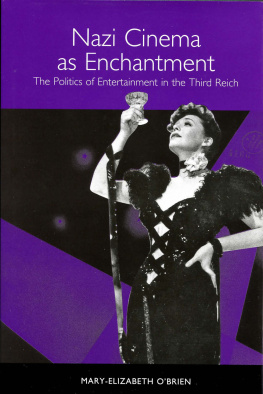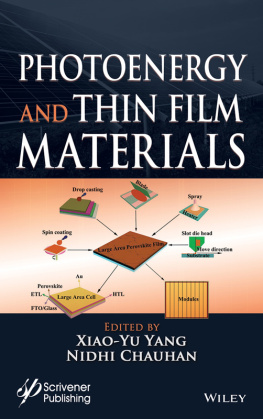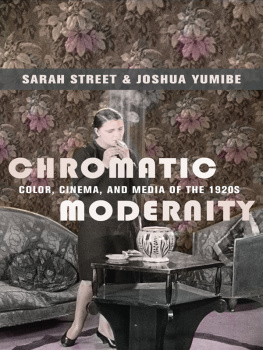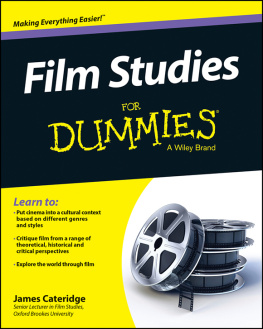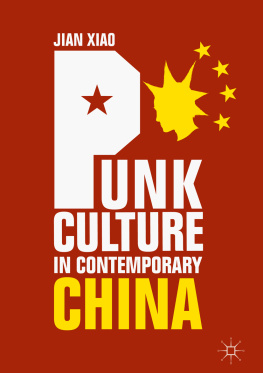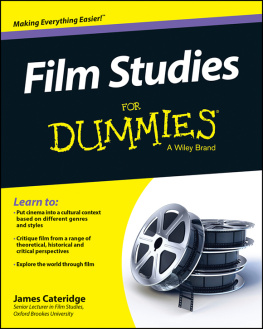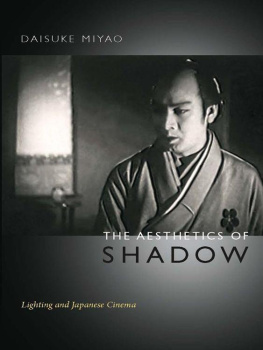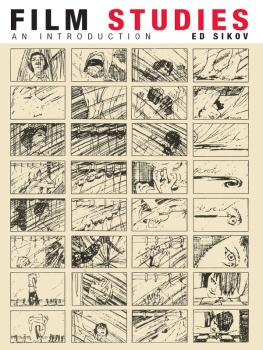www.upress.state.ms.us
The University Press of Mississippi is a member of the Association of American University Presses.
Copyright 2017 by University Press of Mississippi
All rights reserved
Manufactured in the United States of America
First printing 2017
Library of Congress Cataloging-in-Publication Data
Names: Xiao, Ying (Professor of film studies) author.
Title: China in the mix: cinema, sound, and popular culture in the age of globalization / Ying Xiao.
Description: Jackson: University Press of Mississippi, 2017. | Includes bibliographical references and index. | Identifiers: LCCN 2017012504 (print) | LCCN 2017028709 (ebook) | ISBN 9781496812612 (epub single) | ISBN 9781496812629 (epub institutional) | ISBN 9781496812636 (pdf single) | ISBN 9781496812643 (pdf institutional) | ISBN 9781496812605 (hardback)
Subjects: LCSH: Sound motion picturesChina. | Motion picturesChinaHistory. | Sound in motion picturesChina. | Motion pictures and musicChina. | Popular cultureChinaHistory20th century. | Popular cultureChinaHistory21st century. | Popular musicSocial aspectsChinaHistory20th century. | Popular musicSocial aspectsChinaHistory21st century. | BISAC: SOCIAL SCIENCE / Media Studies. | PERFORMING ARTS / Film & Video / History & Criticism. | SOCIAL SCIENCE / Popular Culture.
Classification: LCC PN1995.7 (ebook) | LCC PN1995.7 .X56 2017 (print) | DDC 791.4302/4dc23
LC record available at https://lccn.loc.gov/2017012504
British Library Cataloging-in-Publication Data available
ACKNOWLEDGMENTS
When I crossed the Pacific Ocean and set out on a new venture on the Western Hemisphere at the turn of the twenty-first century, I knew that I wanted to study and write about my journeys, my life, and my negotiations in different cultures and settings. This gives me great cause to embrace my upbringing and get in touch with new grounds in a more thoughtful and critical way. It has been my privilege to have studied in Cinema Studies in New York University, which has shaped my intellectual mindset and paved my way into scholarly exploration. I am especially grateful to Zhang Zhen, who has always guided me with her insights, profound knowledge, and expansive life experience. Her unwavering dedication to substantial scholarship and her extraordinary knack of building a sound, energizing professional-parental life continue to inspire me and have a significant impact on my work and career choices. I am also indebted to many other professors who have set me on the path, encouraged me to go on and go further on this voyage of boundless learning, and supported me all the way along: Dana Polan, Anna McCarthy, Robert Stam, Richard Allen, Robert Sklar, Ed Guerrero, and Chris Straayer at New York University; Sung-sheng Yvonne Chang, Wen-Hua Teng, S. Craig Watkins, and Mary Celeste Kearney at the University of Texas at Austin; Claudia Gorbman at the University of Washington Tacoma; Jiayan Mi at the College of New Jersey; Jonathan Kahana at University of California Santa Cruz; and Han Yuhai, Zhang Yiwu, Cao Wenxuan, Li Yang, and Dai Jinhua at Peking University. Their wisdom, expertise, and generous help have continuously nurtured me since I was student and became an academic myself.
Special thanks also go to my excellent colleagues at the Department of Languages, Literatures, and Cultures, Center for Film and Media Studies, Center for Gender, Sexualities, and Womens Studies Research, College of Liberal Arts and Sciences, College of Journalism and Communications, School of Art and Art History, and School of Music at the University of Florida: Mary Watt, Ingrid Kleespies, Richard G. Wang, Guolong Lai, Mario Poceski, Brigitte Weltman-Aron, Barbara Mennel, Maureen Turim, Scott Nygren, Eric Kligerman, Sylvie Blum-Reid, Youssef Haddad, Sarra Tlili, Franz Futterknecht, Ann Wehmeyer, Malini Johar Schueller, Churchill Roberts, Sophia Krzys Acord, Welson Tremura, among others. This work would not have been completed without their support. I relish the amiable atmosphere and dynamic of working with themas well as with my students, whom I have laughed with, talked with, and learned from.
I have benefitted greatly from the valuable suggestions and input of many colleagues and friends who made time to listen to my ideas, read my drafts, and offer their perceptive comments. There are too many to name here, but they include: Xiaobing Tang, Ban Wang, Sheldon Lu, Yomi Braester, Hui Faye Xiao, Haomin Gong, Xin Yang, Jin Liu, Qi Wang, Fan Yang, Keith B. Wagner, Chang Tan, Jun Ren, Hongmei Yu, and Hongmei Sun. Thanks also go to the Deans Office, Office of the Vice President for Research, College of Liberal Arts and Sciences, and the Center for the Humanities and the Public Sphere at the University of Florida, the Freeman Asian Studies Fund, NCTA Grant, the Lieberthal-Rogel Center for Chinese Studies at the University of Michigan, and the International Center for Studies of Chinese Civilization at Fudan University for having facilitated and funded my research efforts. Since my research has expanded and gone further, I have communicated related notions in articles in the Oxford Handbook of New Audiovisual Aesthetics, Neoliberalism and Global Cinema: Capital, Culture, and Marxist Critique, and Paradoxa: Studies in World Literary Genres, where the materials in several of my chapters have originally appeared.
My gratitude also goes to Kimberley Monteyne and Mika Turim-Nygren for their penetrating commentary and meticulous edits on the drafts of this work at various phases. Debing Su deserves special mention for preparing images and for providing prompt and untiring technical support for this project. As I completed the manuscript, I was very fortunate to work with the team at the University Press of Mississippi, which has been such an incredibly positive and pleasant experience. I thank particularly Leila Salisbury, Lisa McMurtray, and Vijay Shah for their enthusiasm, efficiency, and truly outstanding professional work. I also want to acknowledge Norm Hirschy, Christopher Ahn, Lian Sun, Patrice Petro, Lisa Boyajian, and the anonymous readers for their keen interest and important feedback on this project. I appreciate Pingjie Michael Zhang and Reel China for providing me unique and exciting opportunities to interact and work with many filmmakers and cultural institutions, which has greatly complemented and enriched my study. I thank especially director Zhang Yang for his gracious support and for generously offering his film image to be used for the cover artwork of my book.
Most of all, I owe my family in China and in the States a great deal for their unfaltering love, support, and belief wherever I am and whatever I do. In 2015, a decade after journeying to New York, I wrapped up the last chapter, packed up my baggage, and returned to China through my life dream journey of the Trans-Siberian Railway. I then knew that my research and writing meant more than a daily routineand an academic jobto me. (The other reason for the trip was that we high-school classmates promised each other to meet and chant again in twenty years on the top of Mount Heng to relive the memories of our youth.) So much has changed. Yet nothing has really changed. This book will be a witness to my lifelong fascination and endeavor in visual arts, popular music, and youth culture. As Shania Twain sings in the song Youve Got a Way (a remixed version of which appeared in


